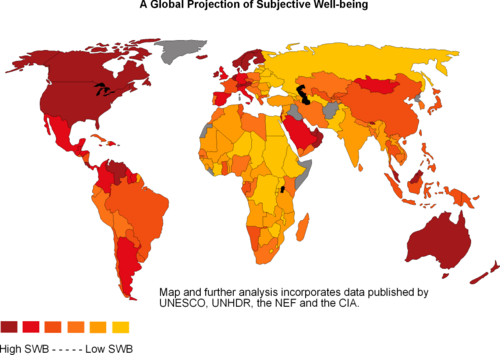Watched the Seahawks game in the home theater, where the HD on a 100-inch screen (ceiling mounted In Focus achieves the size) is just stunning (meaning I could see through the snow just like I was there), and I gotta admit: everything I feared happened at the start. I was worried that our young team had peaked in the first half of the first game with the Bears and never quite again looked that dominate as we did in that amazing first two quarters (ultimately we lost that one because McCarthy got conservative). Worse, I saw a team that hadn't played a meaningful game in roughly a month, whereas the Seahawks were more veteran and playing hard.
Boy were my fears dispelled quickly!
Then to my non-surprise, the Boys lose. Why no surprise? Same basic fear package as with my Pack, especially when you're talking the young, divertable QB Romo, now still without a PO win in his career.
So now it's Eli and not Peyton. That is a huge shame, because I really wanted the rematch with the Pats, who luck out again in their magical season (quick, somebody call a TO on 4th down from the sideline!).
You ask my Enterra colleagues what I predicted earlier this week: not just the usual one divisional home team would lose this year, but definitely two and maybe three. I thought all of them, including my Pack, were more ripe for upsets than realized. It's just that the Pack and Pats played up to potential, despite the poor run-ups, while the declines continued for the Boys and Colts.
But here's the real sign of my growing commitment to the book: my Mom offered me one of her two Super Bowl tickets (she gets if Pack win next weekend). At first I said yes and got my free SWA tix in order. Then, after the talk with Neil about the book sked, I gave up the seat and the airline tix.
Would I change my mind now, as excited as I am?
No. Been to five games this year and I'm a bit burned out on the travel from late last year. I am just enjoying my time at home too much, plus I can't give up an entire 3-day weekend like that. This way I can work the entire weekend on the book and head down to the basement about 5 mins before kickoff--if they win next week.
But I gotta assume they will, unless the Giants have more magic than the Pats this year.
Then, come to think of it, given the Giants' perf against NE, maybe that would be more fair . . .
Nah!
Gotta go with Brett and our trio of wideouts (Jones in my personal fav), plus the emergent Grant. Then there's my man Nick Barnett leading the D.
We are fated to win it all. I can feel it.
Either way though, it's got to be about a five-hour funtime for me and that's it.
I am simply so gearing up for the book right now that any spare time has to go to Enterra, not the Pack.
Then again, as I reflect on it more, I realize that I just want to be home with my wife and kids watching the game with them MORE than being in the stadium on, what will seem to them as, yet another business trip by Dad.
I remember watching the Pack play the Pats in 31 back in 1997, sitting all alone in my hotel room in Panama City, Panama--there on a lengthy intelligence exercise with SOUTHCOM. All I could think was, "What am I doing here all by myself!"
We all watched the Colts game last year in the theater and had a total blast. It was a hugely enjoyable time, a great memory.
I guess I want that possibility more than being there live.
Plus I'm just lost to the book--in a good way.
Plus I'm just so burned out on blitzkrieg travel. I was basically gone all of Nov and Dec last year, and my health went to pot. Couldn't ex, didn't eat well enough, slept badly with all the time changes. I was a mess in WDW, creaking like an old man.
Being back in the house for longer breaks is really rejuvenating me. I work out 2-3 times a day (did Bowflex with Vonne today, read a book while on elliptical, and then ran a mile with youngest son) and eat very sensibly, and that, plus all the book intake, is simply recasting my brain in a very good way.
Seriously, I was about to lose it just before Xmas. Ready to quit everything. Finally realized I was just completely burned out from the nonstop travel and harsh pace, with two Packer games in that mix.
I gotta keep the grip so I can turn that big knob in Feb and March. I will write the first draft by 31 March, so help me God. Roughly 60 days on this one, vice the 40-45 on the first two. I admit to some aging.
 Wednesday, January 16, 2008 at 1:17AM
Wednesday, January 16, 2008 at 1:17AM 










